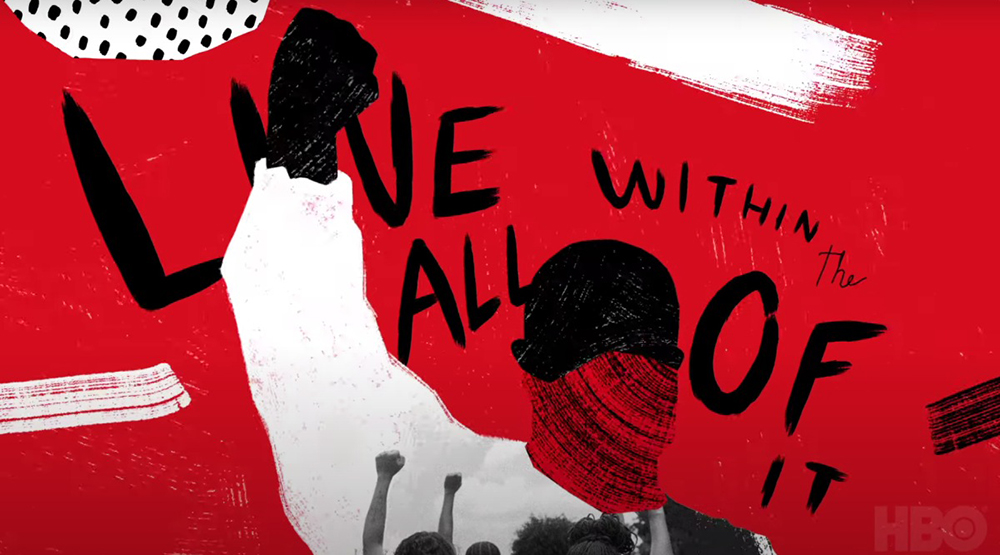

I also know that because we still do not allow for popular discussions about Black women’s experiences to take equal center stage in discussions about racism, we are stymied in creating productive dialogs about what Coates calls “the beautiful struggle” against institutionalized white supremacy. And my white girl peers did not experience this same level of daily harassment the way my Black and Latina friends did in our predominately Black and Latina neighborhoods.Īnd it is difficult to write those words because I know that Black men are not my enemy. Coates’ description of how much mental energy was spent during his childhood figuring out how to safely get to and from school, I thought about how so much of my mental energy as a tween and teenager was spent figuring out what clothes to wear in public so as not to attract too much verbal harassment on streets and subways-verbal harassment I knew could turn to physical harassment if I did not deflect unwanted advances in a way that did not harm a man’s ego.Īs a teenager living in an urban Black neighborhood, my worry over my body centered not on guns and fist fights, but on boys and men who were socialized to think of street harassment as harmless flirtation and fun.

And it felt disappointing to have this image repeatedly invoked without spending some time reflecting on what it means for Black women to navigate a white supremacist world that conceives of our bodies as always available to all men, regardless of race. It felt too easy to repeatedly invoke the image of sexual assault of Black women at the hands of White men to make a point about the bodily effects of slavery and white supremacy.


The reader is left to assume that he means Black women. However, he never actually names who bore the brunt of these sexual attacks. Throughout the book, Coates mentions the word “rape” a fair amount when talking about the plunder of the Black body as a necessity in upholding The Dream. This brings me to my second critique/uncomfortableness with this generalizing tone. However, many times throughout the book Coates slips into generalizing language about Black people, without spending time reflecting on impacts of the various gendered expressions of white supremacy. First, I understood that as a letter written to his son, Coates' focus was on transmitting knowledge to his child on how to survive and thrive in the United States as a Black man. Coates was speaking about the violence done upon Black bodies from a decidedly male perspective. Although the book resonated deeply with me on many levels (as well as challenged me), as a Black women who grew up in Harlem, I could not help but notice how Mr.


 0 kommentar(er)
0 kommentar(er)
